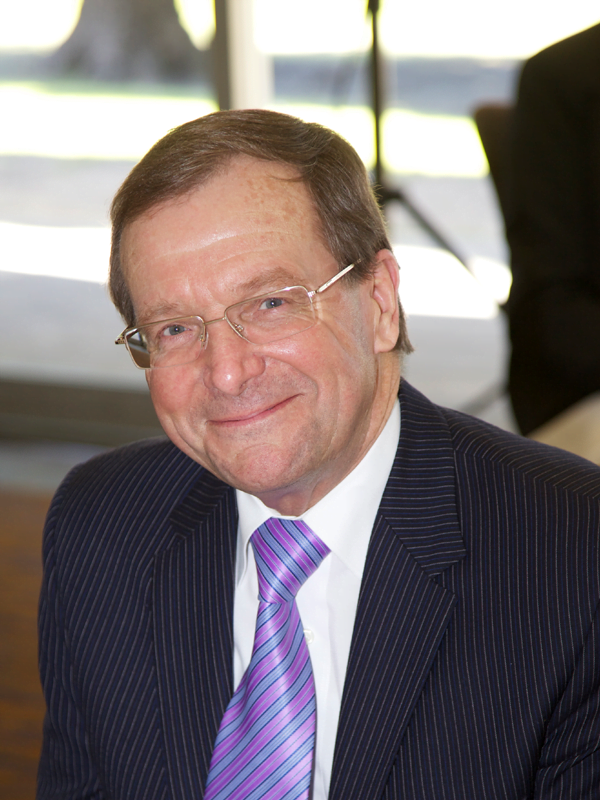Property Insights with Ron Cross continued

We sat down with Ron Cross, CEO of ParkTrent, to talk about Australia’s historically low interest rates, high housing demand and how this is affecting the property market.
This is the second half of the interview, to read the first half – click here.
Would you expect to see the “property bubble” that we’re experiencing in Sydney move to any of the other major cities?
I don’t think we’re going to see the same boom in the other cities that we’ve seen in Sydney. Sydney is known as the gateway to Australia – it’s a beautiful city and it’s still basking in the glory from the Sydney 2000 Olympic Games, and that’s some 15 years ago! Things started to happen in Sydney just after the Olympic Games; it showcased Sydney to the rest of the world – the beautiful beaches, the pollution-free environment and the iconic harbour. After 2000, we started seeing a rise in housing prices.
Because Sydney has now become so expensive, we’re now seeing a trickle of people moving out of the Sydney markets into the Melbourne market, the Brisbane market and the South Australian market, according to ABS data. This will gather momentum as we go along and will help to give the other major cities – particularly Melbourne, Brisbane and Adelaide – some good growth and some good capital value.
At this time, according to CoreLogic, Melbourne is 30% less expensive than Sydney, Brisbane is about 70% less expensive and Adelaide is about 90% less expensive on comparable properties in similar locations. There are wonderful opportunities for people now to think about relocating – there are wonderful job opportunities in the other states and they can buy for virtually half of what they would have paid in Sydney.
Melbourne has recently been voted the most liveable city in the world – would that factor into its popularity?
Sydney has its iconic attractions – such as the Harbour Bridge and the Opera House and it’s just a wonderful city. Melbourne also has some wonderful places to go. You’ve got everything there: Federation Square, wonderful restaurants and shops, and the fashions in Melbourne are unique. It’s the commerce capital of Australia and it has the most fabulous transport system in the Melbourne Trams. Sydney has a long way to go before it has anything like that.
We’re seeing a lot of migration from Sydney to Melbourne and Brisbane. When I say “a lot”, I mean it’s starting to move now and that will impact on prices in those states.
How do you see the current Australian market for investors?
I think if anyone is contemplating buying a property as an investment, they should certainly look at Melbourne and Brisbane in particular, and Adelaide in South Australia. These are wonderful cities that are ready to grow and present great opportunities for affordable houses and apartments.
Do you have any advice for people who want to take advantage of the low interest rate, perhaps to pay off their home loans faster or invest in property?
In my opinion, one of the mistakes people make is that they work very hard with the idea that they need to pay down that mortgage. You have to remember that if they don’t have an investment property, every dollar they pay back they’re paying after taxes, so they lose a considerable amount of their cash flow. What people need to do is step up and understand that the most important thing about property investment is the cash flow that it creates; if you buy an investment property and you have that cash flow linked to your home loan, it can save you considerable interest on your home loan.
The secret of the wealthy is not what you own – it’s what you control. People can own a small amount of real estate, or they can control a lot of real estate by using the funds in the equity that they have. If you’re looking at the property market historically and go back 50-100 years, in most cases in this country, property prices have doubled between 10 and 12 years. For example, if you hold a $200,000 property, after 10 years it will be worth $400,000, in another 10 years its $800,000. What if you started off holding a $400,000 property? It would double just as fast.
Ultimately, you want to hold as much as you possibly can. In this interest rate environment that we’re currently in, it costs you nothing to own an investment property, provided you have an income in excess of $50,000 a year. The rental income and negative gearing component will pay 100% of any investment property, providing that investment property is a new property.
My suggestion to the people? Just do it as soon as you possibly can!
